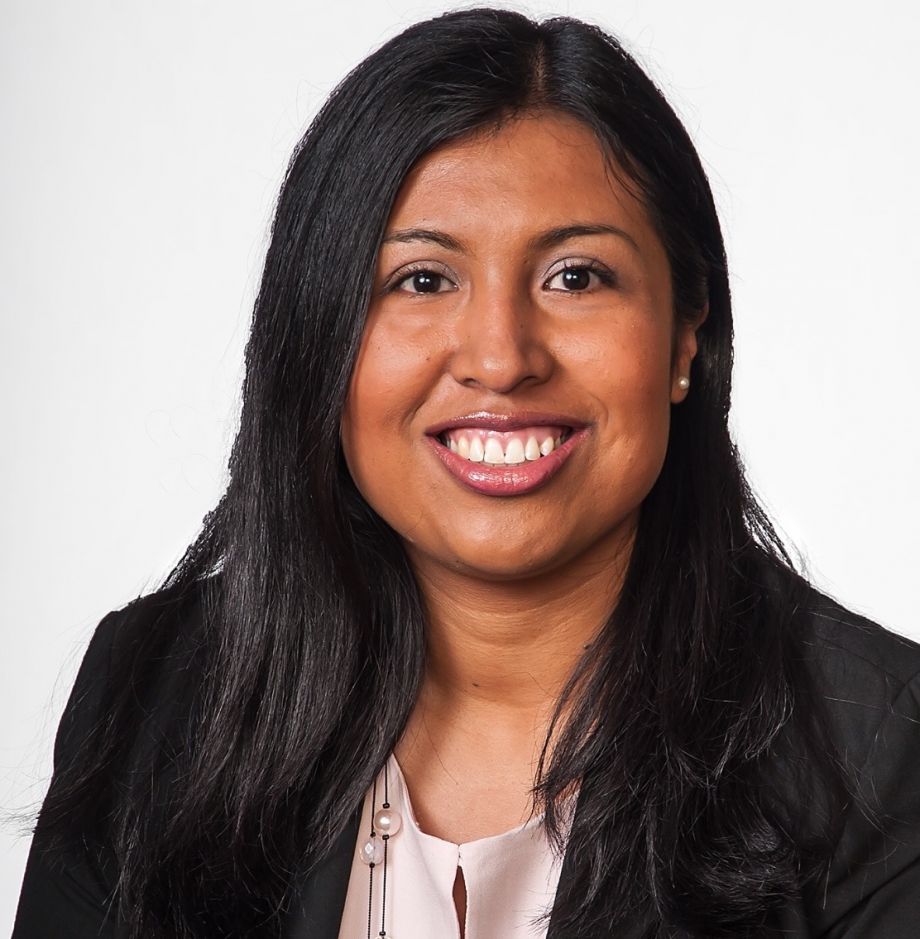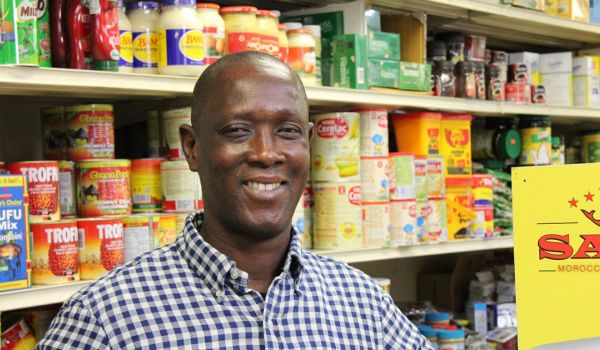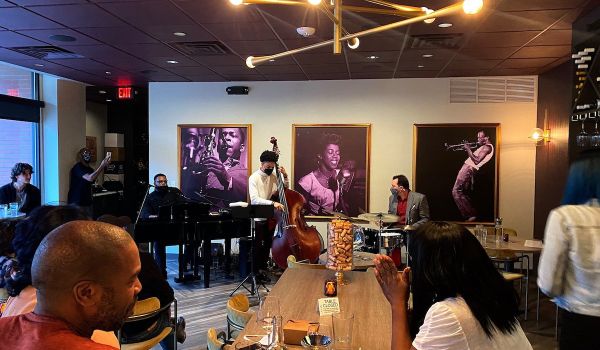Camino Financial was founded in 2015 with $100 million in capital to focus on a thin but growing slice of an especially underfunded community: Latinx immigrants. The small Los Angeles startup’s strategy to quickly grow its business, stay ahead of peers and to smartly service this market is to, well, disrupt it. As with many other financial services companies, or FinTechs, it’s all about data, and Camino is relying heavily on technologies like artificial intelligence and machine learning to win borrowers from Los Angeles to Ohio to New York. Camino also has an office in Mexico City.
In April, Camino, under its subsidiary Salas & Company LLC, became the first fintech to be certified as a CDFI to employ artificial intelligence to serve the Latinx small and medium-sized business community. Roxane Herrera, Camino’s director of corporate development, is leading the startup’s effort to use artificial intelligence to “redefine the CDFI narrative.” And she is ebullient about the merging market Camino is serving as the “digital leader of the underbanked.”
“We’re going to disrupt the markets that historically have not been served,” Herrera says. “That’s our mantra.”

Roxanne Herrera
Camino indeed is trying to “disrupt” parts of the $222 billion CDFI industry by aligning with the also-expanding impact investment movement. Impact investors seek measurable financial returns for their investments in causes, companies and institutions that try to foster positive social change.
Camino’s operation is all digital. It’s application process, for example, is mostly online. But the fintech is also about making money, whereas its traditional CDFI competitors are nonprofit.
“Unlike other traditional fintechs, we label ourselves as neo-CDFI because we are a for-profit CDFI,” Herrera explains.
Camino is betting its tech focus will keep it ahead of the other tech-enabled CDFIs that are also focusing on small and medium businesses. The few other CDFIs servicing the Latinx market include Accion Opportunity Fund, in San Jose and OnDeck, based in Chicago.
Camino uses artificial intelligence and machine learning to engage customers more quickly and, simply, make decisions on loan processing faster. Specifically, Herrera can assess the financial viability of a potential customer in two to three days, versus the weeks it took historically.
While that sounds promising, artificial intelligence is recognized more and more as perpetuating the biases of the people who create the technology. One way Camino is designed to combat racial bias within its algorithm is by developing its own equivalent of a FICO credit score, which is crucial for the 25% of its immigrant customer base who don’t have traditional FICO scores (or sometimes even social security numbers). In addition to that application data, their algorithm weighs background and spending data from LexisNexis and PLAID, respectively. Herrera didn’t speak to if and how they audit their algorithm for bias, but maintains Camino’s underwriting process has lowered its default rate (the company declined to provide data, citing privacy concerns).
“We’re using data to bring communities out of the shadows, Herrera says.
Camino is pushing to get to $1 billion loan capacity in the next two to three years by expanding its customer base nationally and demographically, reaching beyond the Latinix immigrant market who currently comprise 50% of their borrowers to folks like Roger Troy. Troy owns a family-run business in Jeromesville, Ohio, that pulls in $200,000 in revenue. Camino approved him for two loans over the past two years, the first, for $30,000, the same day he applied.
“They helped me grow over the past two years,” says the 59-year-old Troy, citing Camino’s continued contact with him and maintenance of the loans.
Camino’s average loan is $29,000, and its average customer has just $2,255 in their bank account. Right now, Camino offers just micro and small-business loans, but it has scheduled a third product aimed at the consumer market that will be launched in August. Camino estimates this consumer sector’s total adjustable market at $59 billion.
The pandemic hit many small businesses and the lenders who support them hard. But Camino is confident its tech approach — combined with partnerships with firms like Utah-based lending marketplace Lendio — will guide it through the challenging post-pandemic times ahead.
“Moving forward, CDFIs will continue to be promoted as trusted community partners and we see a trend in more unrestricted capital being allocated and distributed widely through CDFIs,” predicts Herrera. However, those CDFIs that are tech-enabled will lead the charge in distributing capital more efficiently.”
With Covid still wreaking havoc across many communities and other rivals emerging, it could be a while to see if Camino’s heavy reliance on artificial intelligence turns out to be a smart bet.

This story is part of our series, CDFI Futures, which explores the community development finance industry through the lenses of equity, public policy and inclusive community development. The series is generously supported by Partners for the Common Good. Sign up for PCG’s CapNexus newsletter at capnexus.org.
Christopher C. Williams is a New Jersey-based freelance financial writer. He worked for many years with Dow Jones Newswires and Barron’s Financial Weekly and has contributed to publications including the Wall Street Journal, The New York Times and Essence magazine. He focuses on the intersection of business, economic equity and racial justice.
















